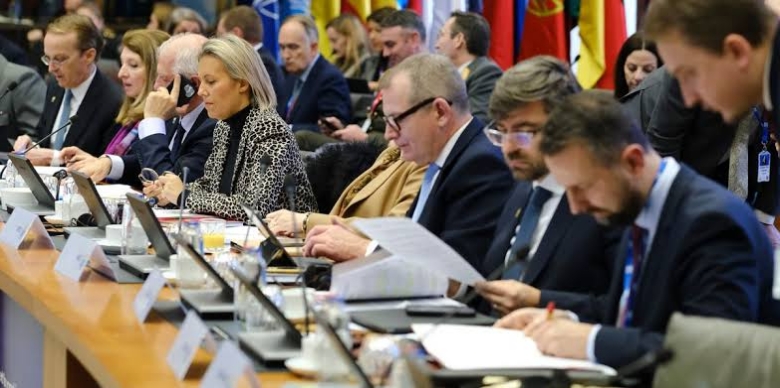
INTERNEWSTIMES.COM – Antimicrobial resistance (AMR) is a growing health crisis that is disproportionately affecting Africa, particularly sub-Saharan Africa, according to a new report. The report, released by the Global Research on Antimicrobial Resistance (GRAM) Project, estimates that over 1 million deaths in Africa are linked to AMR, and projections show that over six million deaths will be directly attributed to AMR in sub-Saharan Africa between 2025-2050.
AMR occurs when bacteria, viruses, fungi, and parasites become resistant to antibiotics, making infections harder to treat and leading to increased disease spread, severe illness, and death. The lack of access to clean water, sanitation, and hygiene, as well as inadequate infection and disease prevention measures, contribute to the rise of AMR.
In response to this growing threat, world leaders met at the UN General Assembly in September and committed to reducing human deaths from AMR by 10% by 2030. They agreed on global targets to control the AMR crisis, emphasizing the need for collective action.
The World Health Organization (WHO) recognizes AMR as one of the top ten global health threats, directly responsible for 1.3 million deaths annually. The GRAM study published in 2022 found that global AMR-related deaths in 2019 exceeded those from HIV/AIDS or malaria, directly causing 1.2 million deaths and playing a role in 4.95 million more.
Experts warn that without urgent intervention, AMR will have severe social and economic consequences. They emphasize the need for a multifaceted approach, involving healthcare, politics, and policymaking, to address this complex problem. This includes improving infection prevention and control, enhancing water sanitation and hygiene services, ensuring wider vaccine availability, and guaranteeing access to antibiotics.
The article highlights the importance of a “One Health” approach, emphasizing the interconnectedness of human, animal, and ecosystem health in addressing AMR. It calls for accelerated action, including increased awareness, effective prevention, and improved management of AMR at national, regional, and global levels. It stresses the need to prevent antimicrobials from entering the environment.
The article underscores the gravity of the AMR crisis in Africa and the urgent need for global action to mitigate its devastating consequences. It highlights the importance of a multi-sectoral approach, including improved healthcare infrastructure, sanitation, and access to essential medicines, to effectively combat this growing threat to global health. (Red)



























